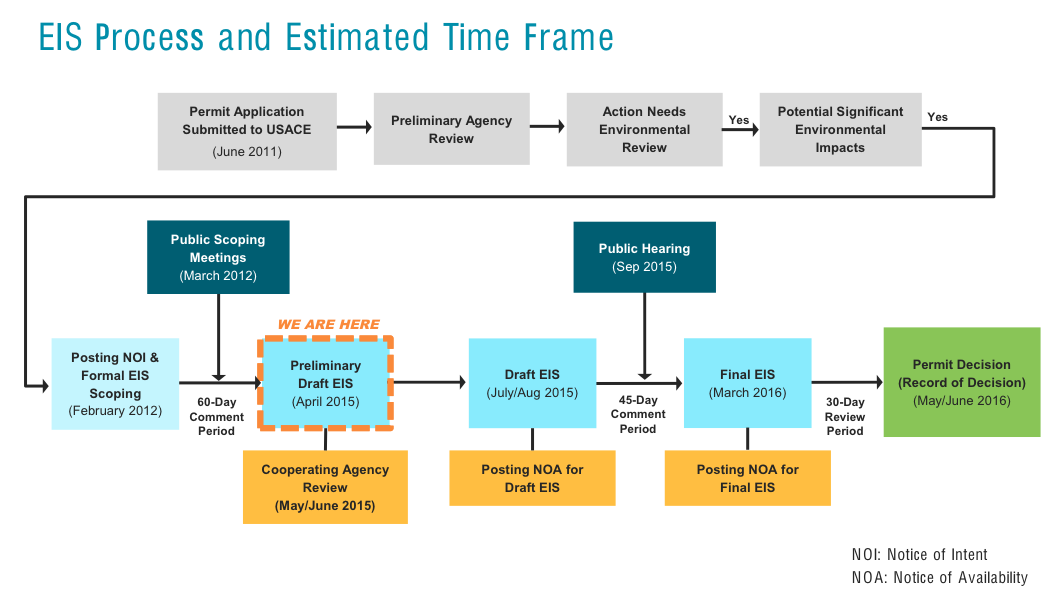
When you think of bees, what’s the first thing that comes to mind? Honey or getting stung? All depends on your attitude. Without what’s called the Pollinator Initiative, honeybees and other critters will continue to decline in population.
According to the White House, “Bees, birds, butterflies, bats, and other animals provide pollination services that are essential to the survival of flowering plants, and in doing so underpin the diverse ecosystems and agricultural productivity on which humanity depends. Pollinators are responsible for one in every three bites of food we take, with honey bees alone increasing our nation’s crop values by more than 15 billion dollars each year. Many pollinators are in serious decline in the United States and worldwide.”
Responding to these declines, in June 2014 President Obama issued a Presidential Memorandum establishing the Pollinator Health Task Force (Task Force), a Federal interagency body charged with coordinating Federal efforts to promote pollinator health through research, habitat creation, education and outreach, and public private partnerships. In May 2015, the Task Force released its national Strategy to Promote the Health of Honey Bees and Other Pollinators and accompanying Pollinator Research Action Plan, outlining needs and priority actions to better understand pollinator losses and improve pollinator health.
As part of the Pollinator Initiative, Lake Sidney Lanier’s U.S. Army Corps of Engineers (USACE) has begun planting wildflowers in the hopes of attracting and providing for local pollinators, including honeybees.
Due to the decline of honeybees, providing a stable habitat is more vital all the time.
Believe it or not, “Ranger Sowers” tilled and sowed a mixture of southeastern wildflower seeds over about two acres of open field. Not pictured was an additional two acres of hand-spread seeds over rocky terrain. Rangers will observe the areas’ progress over the course of the summer, and test soil conditions to ensure the best long-term viability of wildflower fields.
Eventually, the USACE might open up more land for tilling and seeding, depending on the success of this planting. Another thing under consideration is allowing local beekeepers to put their hives near these fields on federal land.
If you see pretty flowers blooming, please don’t pick them. No, not even for your mother or your sweetheart. They belong to the bees.




